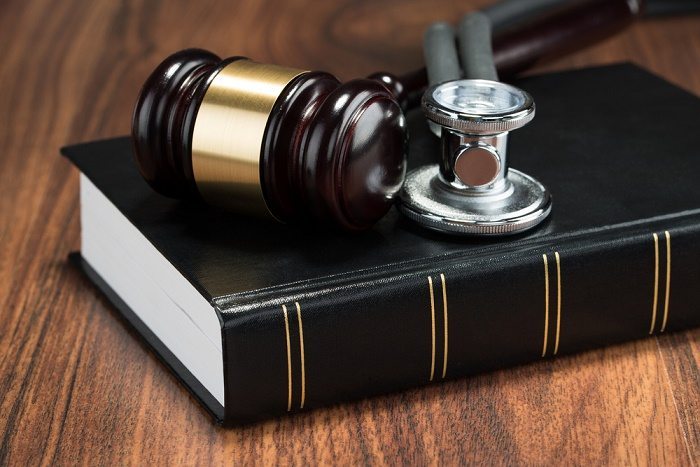Supreme Court Sends Mixed Messages on Reproductive Rights
There's been a flurry of activity at the Supreme Court around reproductive rights issues, but despite granting cases looking at the contraception benefit and Texas' HB 2, the Court turned away a Planned Parenthood funding case and is sitting on another major abortion rights case.

The U.S. Supreme Court on Monday rejected efforts by anti-choice activists to step into the political battle over Planned Parenthood funding, denying an appeal by New Hampshire Right to Life (NHRTL) to access the organization’s internal documents under federal law.
NHRTL had sought information under the Freedom of Information Act (FOIA), asking for copies of documents Planned Parenthood supplied the federal government in connection with a direct grant from the U.S. Department of Health and Human Services (HHS).
HHS eventually turned over more than 2,000 pages of documents in response to NHRTL’s request. But that was not enough for the anti-choice group, which sued demanding the disclosure of further information HHS had withheld under one of FOIA’s statutory exemptions. That exemption authorizes agencies like HHS to retain documents containing “trade secrets and commercial or financial information obtained from a person and privileged or confidential” information. NHRTL lost that case at both the trial court and the federal appeals court.
The Roberts Court had conferenced on NHRTL’s petition three previous times before denying its request Monday. The Court didn’t offer any reasons for its denial, but Justices Clarence Thomas and Antonin Scalia did file a dissent. They argued that the federal courts have interpreted the FOIA clause at issue into an almost blanket exemption for agencies in responding to requests. They also argued there was no proof the documents HHS refused to turn over to anti-choice activists would produce any “competitive harm” to Planned Parenthood.
If there’s one thing made crystal clear by a summer’s worth of anti-Planned Parenthood smear videos, it is that anti-choice activists are intent on running the reproductive health-care provider out of business and are perfectly willing to ignore or elide the law to reach that goal. Had the Court agreed to hear the case and ruled HHS disclose the documents NHRTL sought, it would have, indirectly, helped those efforts along. And Monday’s dissent suggests Justices Thomas and Scalia would order the government to aid them directly.
Meanwhile, the Court took no action in another closely watched case for reproductive rights advocates, Currier v. Jackson. The Roberts Court has conferenced on whether or not to take Currier eight times already and has still not made a decision. The case involves a challenge to Mississippi’s admitting privileges law which, if enforced, would close the last remaining abortion clinic in the state. This time around, the Roberts Court conferenced on Currier at the same time it conferenced on another admitting privileges case out of Texas, Whole Woman’s Health v. Cole. On Friday the Court announced it would hear the Texas challenge.
Why would the Court hear Whole Woman’s Health v. Cole but not Currier v. Jackson? Good question. On the one hand, the case presents different questions for the Court, and the Justices want to wade through them separately. Mississippi and Currier ask the Court to consider the state’s power to regulate abortion clinics out of existence within its borders. Texas and Whole Woman’s Health ask the Court to consider the state’s power to effectively decimate access to abortion clinics—sometimes requiring patients to leave the state entirely—while keeping a few clinics open here and there.
Yet, the laws are similar enough to one another that hearing the cases in tandem makes sense, especially considering the same federal appeals court, albeit with a different set of judges, upheld the Texas requirement while striking Mississippi’s. Also, we don’t know that the Court isn’t going to hear Currier. We just know the justices are not going to hear it yet. The Court could be waiting to decide what it will do with Currier after it decides Whole Woman’s Health later this summer.
Either way, all this speculation about what a handful of unelected judges will or won’t do in these cases while thousands of patients scramble to access care should drive home the fact that the true injustice is that abortion rights and access is even up for debate at all.

